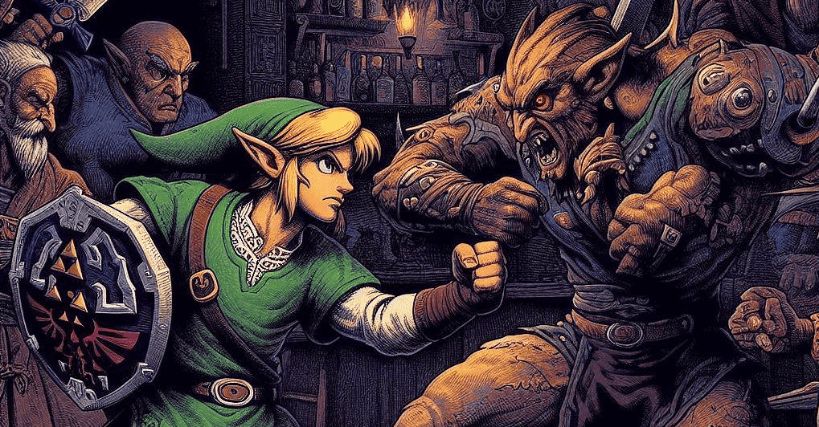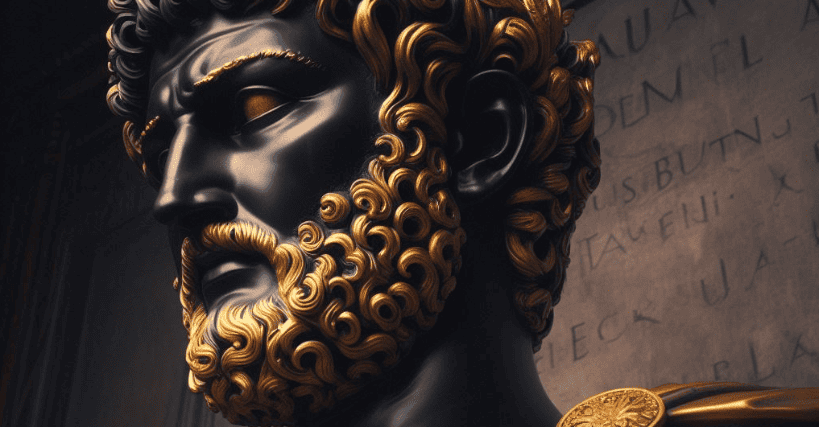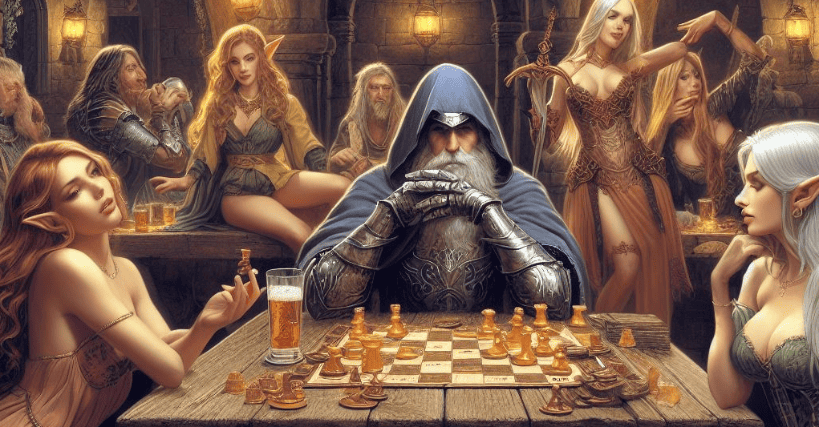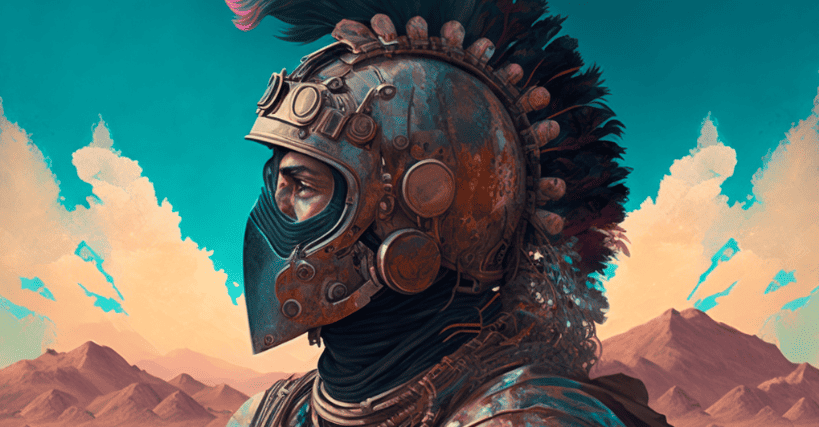
Modern Men and the Roman Empire: Why Ancient History Holds Relevance in the Modern World
In a world where the relentless march of progress seems to leave no time for reflection, it may come as a surprise that modern men often find themselves contemplating the legacy of the Roman Empire. The fascination with ancient Rome is more than a mere indulgence in historical curiosity; it is a testament to the enduring relevance of this ancient civilization in understanding the complex issues and challenges of our modern era.
The Roman Empire, which spanned centuries and vast territories, remains a fascinating and highly influential chapter in human history. Here, we explore the reasons why modern men are drawn to the study of the Roman Empire and why its lessons continue to be relevant in contemporary times.
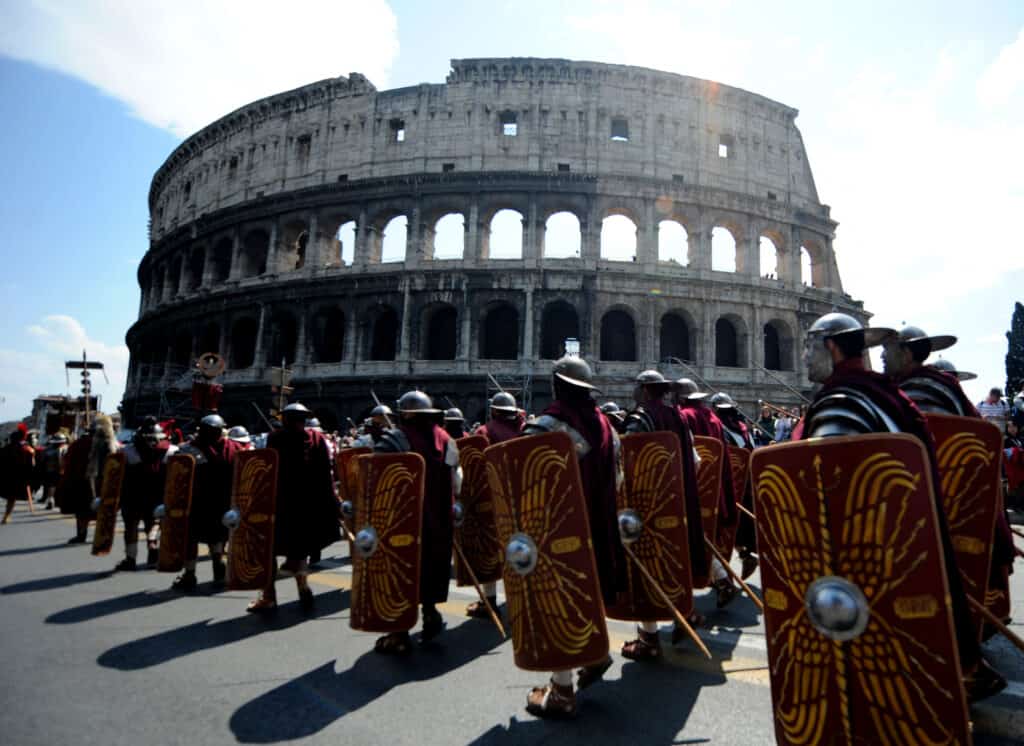
Lessons in Governance and Leadership: The Roman Empire provides a rich tapestry of leadership and governance styles. Modern men are drawn to the study of Roman emperors, senators, and military commanders to glean insights into the intricacies of political power and decision-making. The Roman Republic’s transition to an autocracy and the accompanying issues of tyranny, populism, and the balance of power continue to resonate with contemporary political debates.
Cultural and Architectural Legacy: The Roman Empire left an indelible mark on the world through its architecture, art, and culture. Modern cities still bear the influence of Roman engineering and design. The enduring appeal of classical architecture, including columns, arches, and domes, showcases the relevance of ancient Roman aesthetics in shaping our modern urban landscapes.
The Concept of Law and Justice: Roman legal systems have significantly impacted modern legal structures. Concepts such as “innocent until proven guilty” and the importance of a legal process have their roots in Roman jurisprudence. As modern societies grapple with legal complexities and ethical dilemmas, the Roman example offers valuable insights.
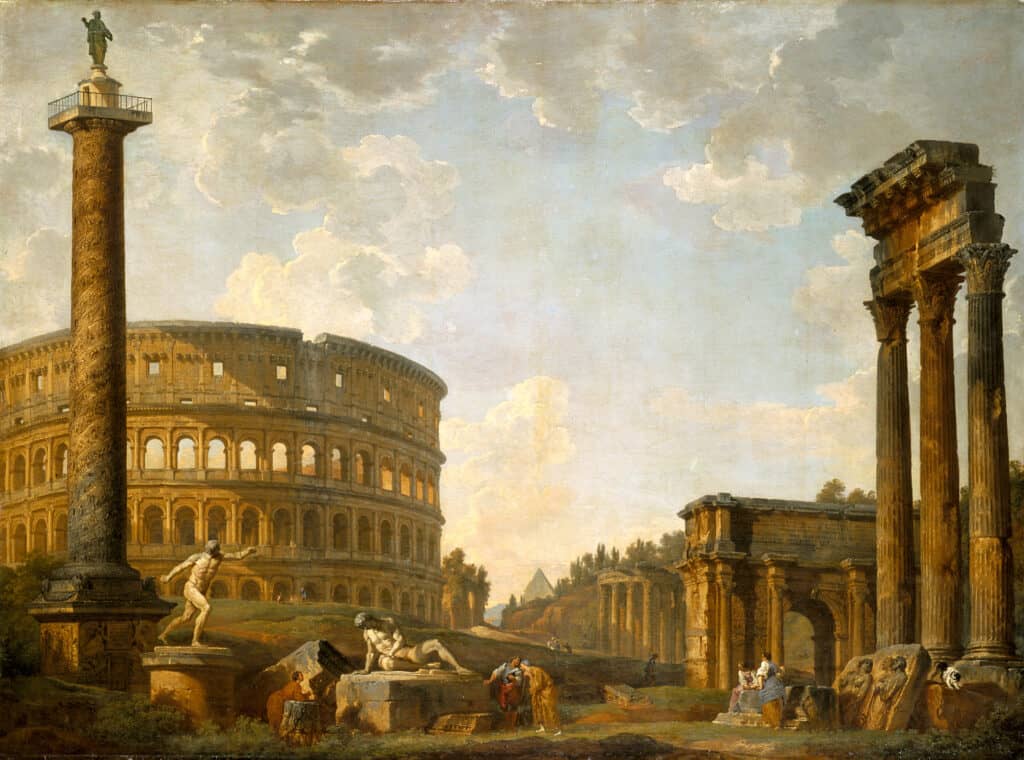
4. Lessons in Empire Building and Global Dominance: The Roman Empire’s journey from a regional power to a global superpower mirrors the trajectory of many modern nations. The study of Roman expansion, the management of diverse territories, and the implications of empire building offer contemporary leaders lessons in geopolitics and diplomacy.
5. Economic and Trade Practices: Roman economic policies, including taxation, currency, and trade, continue to be relevant in understanding the global economic system. The challenges of managing wealth inequality, fiscal policy, and the consequences of currency devaluation are topics of enduring importance.
6. Cultural Diversity and Integration: The Roman Empire was a melting pot of diverse cultures, languages, and traditions. The lessons in integration, tolerance, and the creation of a common Roman identity provide contemporary societies with guidance on managing diversity and fostering social cohesion.
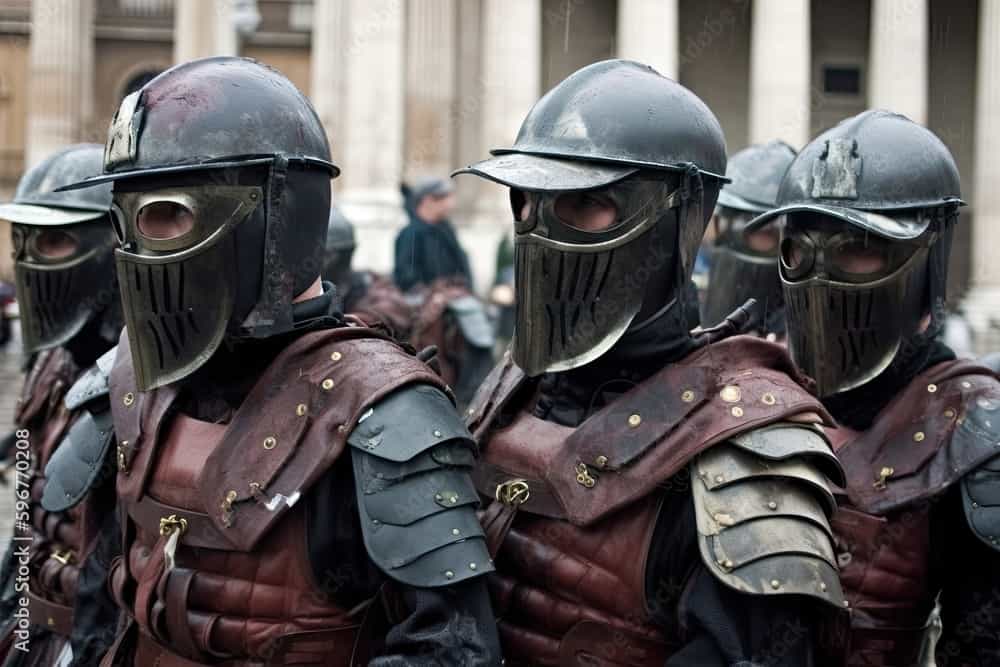
7. Military Strategy and Warfare: The Roman military, known for its discipline and strategic acumen, offers valuable insights into modern military doctrine. The study of Roman military campaigns, tactics, and logistics has shaped contemporary military thinking.
8. Lessons from the Fall of Empires: The decline and fall of the Roman Empire are subjects of enduring interest for modern men. Lessons from factors such as economic instability, external threats, and internal decay serve as cautionary tales for societies facing similar challenges.
The enduring fascination with the Roman Empire among modern men is not merely an intellectual exercise but a pursuit of wisdom and insight from a civilization that grappled with timeless human dilemmas. The Roman Empire’s legacy touches upon politics, governance, culture, and social dynamics, making it a wellspring of lessons and inspiration for contemporary societies. As we navigate the complex landscape of the modern world, the relevance of the Roman Empire continues to serve as a beacon, offering guidance and understanding in an ever-changing, challenging era.

